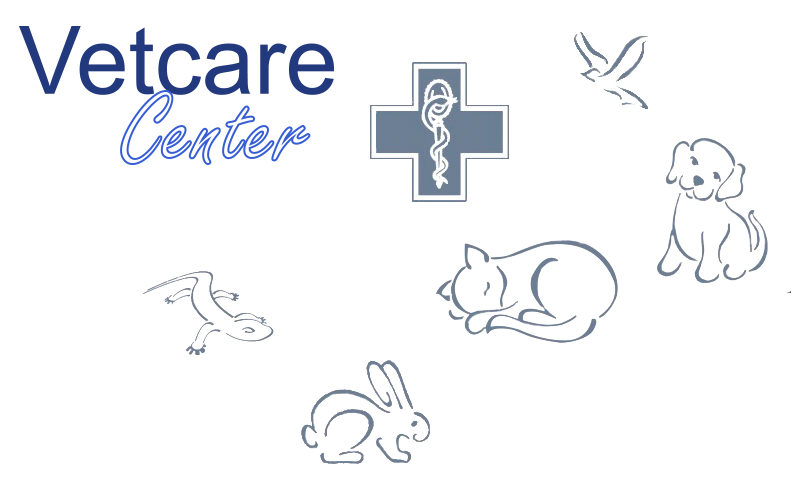
Travelling with your pet
Dogs and cats in Europe:
RULES FOR THE MOVEMENT OF DOGS, CATS AND FERRETS: NEW FROM 29 DECEMBER 2014
The requirements for travelling with pets (dogs, cats and ferrets) within the European Union are strengthened and clarified. Thus, the rules for passporting and rabies vaccination have been adapted and the non-commercial movement has been better defined. With regard to the validity of the rabies vaccination, the recommendations of the different producers will no longer apply in the case of a first vaccination. As of December 29, 2014, the harmonized rule is that the first rabies vaccination can only be given from the age of 12 weeks and will only be valid after 21 days (so from 16 weeks).
The Belgian list of member states with a rabies-free status from which unvaccinated young animals can be introduced will disappear. In principle, no young animal less than 12 weeks old and not vaccinated against rabies can be introduced in our country.
The controls are reinforced when entering the European Union. If the animal comes from a country with a high risk of rabies (i.e. whenever a serological examination is required), the owner or the person in charge is obliged to present the animal at the point of entry on his own initiative to have it checked.
The European pet passport, which allows travel to other member states, is adapted. When issued, this passport must contain all the identification data of both the animal and the owner, and must also be signed by the latter. This is to prevent detour of blank passports. Passports issued before and through December 29, 2014, however, remain valid.
The definition of a non-commercial movement is clearer: it is a movement that does not involve the sale or transfer of ownership of a pet. This animal remains under the responsibility of its owner or a person authorized by the owner during the movement.
When an owner or manager travels with more than 5 pets, the same rules apply as for a commercial movement. However, an exception is made for animals participating in a competition, exhibition or sporting event, provided that the correct procedure is followed.
The basic rules for the intra-community movement of pets remain the same. Dogs, cats and ferrets must be identified, validly vaccinated against rabies and accompanied by a European passport or a health certificate. Also the waiting time for travel or return from third countries with pets, or the rules for the serological test are still relevant.
More informations :
http://ec.europa.eu/food/animal/liveanimals/pets/pet-regulation_20141229_en.ht

